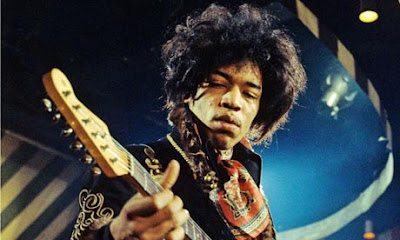Noam Chomsky: the American Socrates on an Upbeat
Chantal Berman photo
Noam Chomsky, after all these years, retains the power to shock — in the bright title of his new collection, Hopes and Prospects, and with what sounds like good news in this conversation.
It’s Professor Chomsky’s cheerful conviction, drawing on his own trials in the Vietnam War resistance, that anti-war understanding and feeling run much deeper and stronger today in a freer, more humane America. It’s because of that popular war opposition today — inarticulate and ill-led, perhaps, but nonetheless verifiable — that the US assaults on Iraq and Afghanistan have not incuded the saturation bombing and chemical warfare that were standard fare in Vietnam and Cambodia.
He is sure that the anti-incumbent rage reported in the Tea Party overlaps substantially with his own chronic dismay at elite manipulations and moral corruption in our politics. The larger part of the Tea Party, he says, is built on real grievances in longer hours, shorter pay, ever-rising job insecurity.
In short, there’s a vast pool of discontent out there to be organized by the Left, he says, if the United States had a functioning Left even as it did in the 1930s. As we say, “If we had ham, we could have ham and eggs — if we had eggs.”
Noam Chomsky does not pine idly, as I do, for the Anti-Imperialist League of a century ago — when Mark Twain, the biggest rock star in the land, declared: “I am an anti-imperialist. I am opposed to having the eagle puts its talons on any other land;” and the impeccable William James, father of philosophical Pragmatism, fulminated Jeremiah-Wright-style: “God damn the U.S. for its vile conduct” in the Philippines, as James put it in 1903. Nor is Chomsky compelled, as I often am, to reach back to the Transcendentalist purity of the great Thoreau, who withheld his taxes and went to jail during the war with Mexico and roared in protest, in the Tea Party spirit, “Why the United States Government never performed an act of justice in its life!”
No, Professor Chomsky is inclined to believe there is more and stronger anti-imperialist sentiment today than in Concord, Massachusetts in 1846, when Thoreau spent his night in jail, or even in 1967, when thousands of young men decided to leave their country rather than be drafted, and Chomsky himself risked a long prison sentence for counselling them.
We live in the gravest of emergencies — nuclear and environmental. Our country is led by a president that Noam Chomsky never much celebrated. And still he observes that “general consciousness has changed” in his time, fundamentally for the better.
General consciousness has changed on all sorts of issues. There are lots of things that were considered perfectly legitimate in the early 1960s that are almost out of the question now.
Women’s rights, environmental concerns, gay rights, civil rights for blacks… a lot of things have changed in the country. It’s gotten a lot more civilized. And one part of that is anti-imperialism. Take a look at polls now. The majority for some time has been in favor of withdrawing from Afghanistan. Now that didn’t happen in the case of Vietnam till it was way beyond the level of any fighting now. So it’s important, it’s real. The Anti-Imperialist League was an important pocket of American intellectual history. It did not succeed in impeding the war effort [in the Philippines]… In the case of the Iraq War, it’s probably the first time in the history of imperialism, the only time I can think of, when there was massive popular opposition to the war. My students here, for example, insisted on calling off classes and joining a big demonstration in Boston, and it happened all over. This was before the war started, before the war officially began. There was massive protest, and that’s one of the reasons why, awful as it was, it was somewhat constrained, certainly as compared with Indo-China. Well, these are signs of anti-imperialism. You’re perfectly right that they’re not organized, but we shouldn’t romanticize Thoreau and Mark Twain. They were important. It’s good that they did what they did, but it was nothing like the scale that we take for granted now.
Professor Noam Chomsky with Chris Lydon in his MIT office, October 19, 2010
Noam Chomsky is the closest thing we have to Socrates in the American public square: a scathing questioner of virtually every common premise about who we Americans are and what we’re up to in the world. We’ve never heard him as mellow as this — ever wary of a hemlock ending, but good-humored about that, too.









